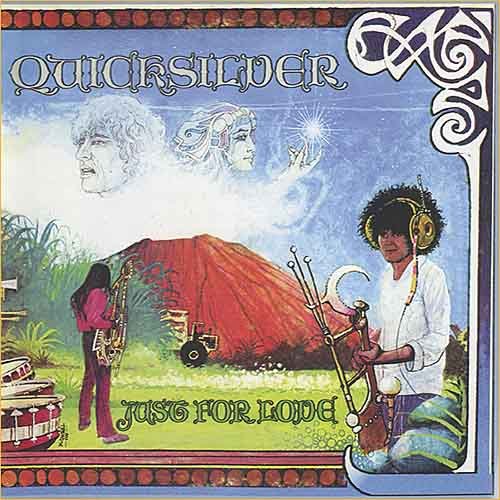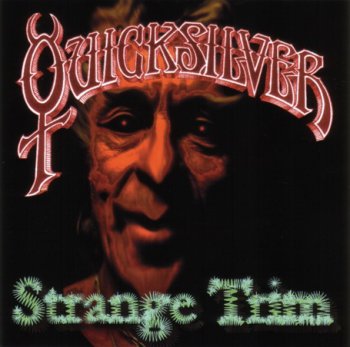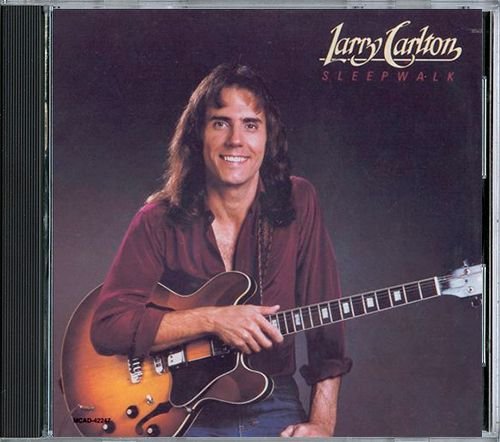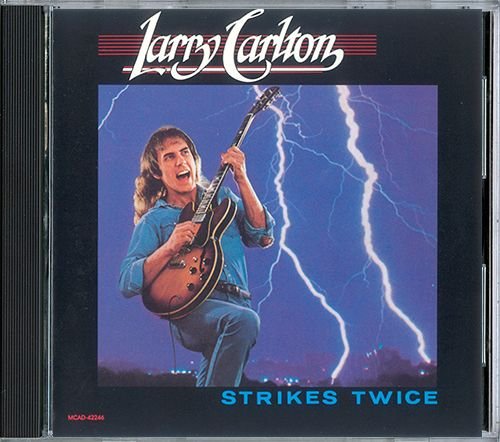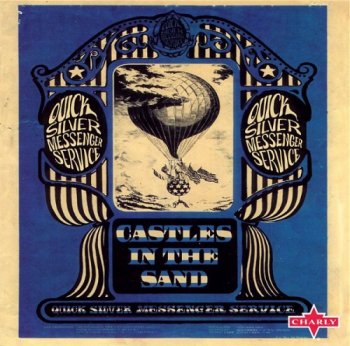DISCO 80’s «Exclusive for "lossless-galaxy" Vinyl Collection» Part 5 (13 × LP · Only Best Albums · 1975-2025)
Performer: Various Album / collection: «Disco 70’-80’-90’s» +++++ Series: Original Vinyl LP™ – Label: (c)(p) 1975-2025 Made in Europe, Japan, USA. Source: Rip by bazar, Dymokust …and many others… ⇒ Conversion 32/96/192kHz by KoGGaN™ Official DR value: •13•13•12•12•12•12•13•12•14•12•12•13•13• Catalog (Barcode): much… Genre / Style: Pop, Euro-pop, Funk / Soul, Synth-pop, Hi-NRG, Italo-Disco, Disco, CCCP Year (info): 1975-2025 (413 × Original vinyl, LP, Collection—) Format: WV (image + .cue)
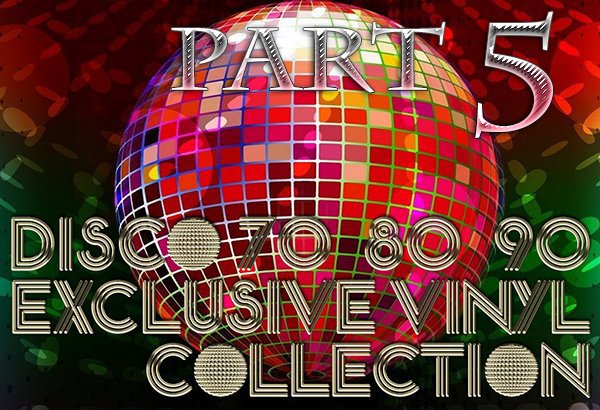
DISCO 80’s «Exclusive for "lossless-galaxy" Vinyl Collection» Part 5 (13 × LP · Only Best Albums · 1975-2025)
Performer: Various Album / collection: «Disco 70’-80’-90’s» +++++ Series: Original Vinyl LP™ – Label: (c)(p) 1975-2025 Made in Europe, Japan, USA. Source: Rip by bazar, Dymokust …and many others… ⇒ Conversion 32/96/192kHz by KoGGaN™ Official DR value: •13•13•12•12•12•12•13•12•14•12•12•13•13• Catalog (Barcode): much… Genre / Style: Pop, Euro-pop, Funk / Soul, Synth-pop, Hi-NRG, Italo-Disco, Disco, CCCP Year (info): 1975-2025 (413 × Original vinyl, LP, Collection—) Format: WV (image + .cue)
08 10, 2025
DISCO 80’s «Exclusive for "lossless-galaxy" Vinyl Collection» Part 4 (100 × LP · Only Best Albums · 1975-2025)
Performer: Various Album / collection: «Disco 70’-80’-90’s» +++++ Series: Original Vinyl LP™ – Label: (c)(p) 1975-2025 Made in Europe, Japan, USA. Source: Rip by bazar, Dymokust …and many others… ⇒ Conversion 32/96/192kHz by KoGGaN™ Official DR value: 13•13•11•13•13•14•12•12•13•11•10•14•12•12•12•12•14•12•13•14• •13•14•13•13•13•12•13•11•14•13•13•14•12•14•12•12•12•12•15•12•11•11•11•14•13•15•14•12• •13•13•12•12•13•13•9•12•13•14•13•12•13•12•13•12•12•13•14•13•12•12•13•12•13•12•13•13•
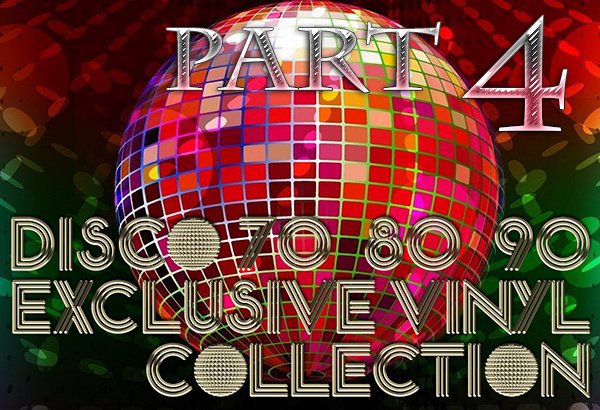
DISCO 80’s «Exclusive for "lossless-galaxy" Vinyl Collection» Part 4 (100 × LP · Only Best Albums · 1975-2025)
Performer: Various Album / collection: «Disco 70’-80’-90’s» +++++ Series: Original Vinyl LP™ – Label: (c)(p) 1975-2025 Made in Europe, Japan, USA. Source: Rip by bazar, Dymokust …and many others… ⇒ Conversion 32/96/192kHz by KoGGaN™ Official DR value: 13•13•11•13•13•14•12•12•13•11•10•14•12•12•12•12•14•12•13•14• •13•14•13•13•13•12•13•11•14•13•13•14•12•14•12•12•12•12•15•12•11•11•11•14•13•15•14•12• •13•13•12•12•13•13•9•12•13•14•13•12•13•12•13•12•12•13•14•13•12•12•13•12•13•12•13•13•
08 10, 2025
DISCO 80’s «Exclusive for "lossless-galaxy" Vinyl Collection» Part 3 (100 × LP · Only Best Albums · 1975-2025)
Performer: Various Album / collection: «Disco 70’-80’-90’s» +++++ Series: Original Vinyl LP™ – Label: (c)(p) 1975-2025 Made in Europe, Japan, USA. Source: Rip by bazar, Dymokust …and many others… ⇒ Conversion 32/96/192kHz by KoGGaN™ Official DR value: •13•13•10•14•13•13•13•14•13•12•12•13•13•12•10•10•13•12•11•14•11•13•12•14•10• •12•14•14•13•13•12•13•12•16•11•13•15•16•16•17•15•13•12•14•14•15•15•13•13•13•16•14•15•15•
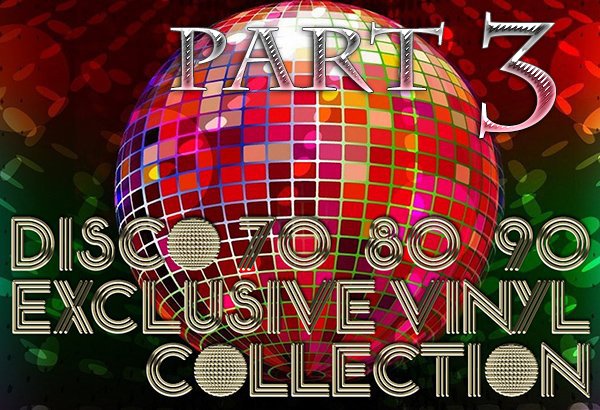
DISCO 80’s «Exclusive for "lossless-galaxy" Vinyl Collection» Part 3 (100 × LP · Only Best Albums · 1975-2025)
Performer: Various Album / collection: «Disco 70’-80’-90’s» +++++ Series: Original Vinyl LP™ – Label: (c)(p) 1975-2025 Made in Europe, Japan, USA. Source: Rip by bazar, Dymokust …and many others… ⇒ Conversion 32/96/192kHz by KoGGaN™ Official DR value: •13•13•10•14•13•13•13•14•13•12•12•13•13•12•10•10•13•12•11•14•11•13•12•14•10• •12•14•14•13•13•12•13•12•16•11•13•15•16•16•17•15•13•12•14•14•15•15•13•13•13•16•14•15•15•
08 10, 2025
Жанры
Lossless Galaxy Release
Русская музыка
--Поп
--Рок
--Панк
--Альтернатива
--Металл
--Рэп, Хип-Хоп, R'n'B
--Джаз и Блюз
--Фолк
--Шансон, Авторская песня
--СССР
Зарубежная музыка
--Pop
--Rock
--Hard Rock
--Progressive & Art-Rock
--Pop-Rock & Soft Rock
--Instrumental Rock
--Heavy, Traditional, Industrial Metal
--Power, Gothic, Sympho Metal
--Thrash, Speed, Groove, Modern Metal
--Death, Melodic Death, Doom, Dark Metal
--Black, Pagan, Folk, Viking Metal
--Alternative
--Punk
--Disco, Eurodance
--Rap, Hip Hop, R'n'B
--Reggae, Ska, Dub
--Jazz, Blues, Soul
--Folk, Country, Ethnic
--Electronic, Ambient, New Wave
--House, Techno, Trance
Другие жанры
--New Age, Relax, Meditative & Flamenco
--Chillout, Lounge, Downtempo, Trip-Hop
--Drum & Bass, Jungle, Breakbeat, IDM
--Classical / Классическая музыка
--Soundtrack
--Музыкальные сказки
Vinyl Rip
HI-Res / DVD-Audio / DTS
--SACD
--DSD
--DVD-Audio
Сборники Lossless-Galaxy
Альбомы 2022
Альбомы 2023
Альбомы 2024
Теги
1st Press 2022 2023 2024 2025 70... AOR Black Metal Blues Blues Rock Bootleg Series Classic Rock Death Metal Discography Exclusive for Lossless-Galaxy Folk Rock Fusion Hard Rock Heavy Metal Hi-Res Japanese Edition Jazz Jazz Rock lossless Melodic Death Metal Melodic Rock Modern Electric Blues Pop Pop Rock Power Metal Prog Rock Progressive Metal Progressive Rock Psych Rock Psychedelic Rock Rock SACD Symphonic Metal Thrash Metal Дискографии от KoGGaN
Архивы
Опрос
В каком формате хотели бы видеть релизы на сайте ?
 Автор: LeddZepp, 6 августа 2022, Комментариев: 0, Просмотров: 546
Автор: LeddZepp, 6 августа 2022, Комментариев: 0, Просмотров: 546Quicksilver Messenger Service - At The Kabuki Theatre (Live 2xCD) (1970)
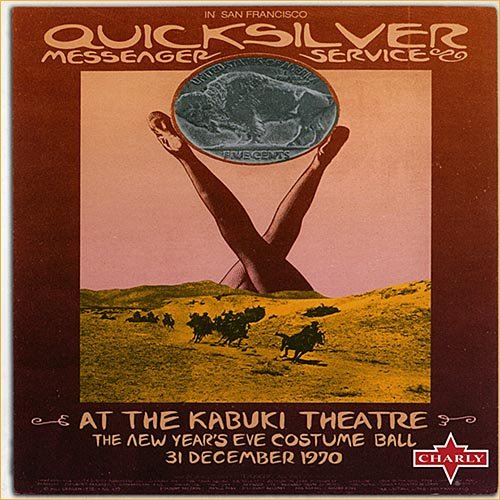
Year: 1970 (CD 2007)
Label: Charly Records (UK), SNAD 556 CD
Style: Psychedelic Rock, Rock
Country: San Francisco, California, U.S.
Time: 62:56, 72:01
Format: Flac Tracks 16/44,1 kHz
Size: 383, 406 Mb
Quicksilver Messenger Service — американская рок-группа, образованная в Сан-Франциско в 1965 году и ставшая одной из ведущих на психоделической сцене второй половины 1960-х годов. Будучи по сути джэм-бэндом, Quicksilver Messenger Service не достигли коммерческого успеха, который сопутствовал Jefferson Airplane и The Grateful Dead, но стали важной составляющей частью движения и его новаторским звеном, используя в своих импровизациях элементы фолка, джаза и классической музыки.
В первый состав банды вошли Джон Чиполлина (гитара; р. 24 августа 1943, у. 29 мая 1989), Дэвид Фрайберг (бас; р. 24 августа 1938), Дино Валенти (вокал, гитара; р. 7 октября 1943, у. 16 ноября 1994) и Джим Мюррей (гармоника). Первым ряды "Quicksilver" покинул Дино Валенти, обожавший наркотики и угодивший за решетку за их хранение. Джон, Дэвид и Джим не стали особо напрягаться и быстренько завербовали в свои ряды Александра "Скипа" Спенса (гитара, вокал) и Кэйси Сонобана (ударные).
Сонобан пробыл в составе "Quicksilver messenger service" меньше года и куда-то свалил, всплыв в начале 70-х в "Copperhead". В середине 1965-го ушел и Спенс, которого заманили в "Jefferson airplane". Образовавшиеся вакансии заняли музыканты из "The Brogues" Гэри Дункан (гитара; р. 4 сентября 1946) и Грег Элмор (ударные; р. 4 сентября 1946). Получившийся квинтет гастролировал только в пределах Калифорнии, нисколько не желая покидать пределы солнечного штата. Также музыканты не особо стремились заполучить какой-либо контракт в отличие от своих коллег из "Grateful dead" и "Jefferson airplane".
В конце 1967 года "Quicksilver messenger service" пригласили поучаствовать в саундтреке к "хипповскому" фильму "Revolution", но Мюррею эта идея пришлась не по душе, и он покинул команду. Звуковая дорожка вышла под флагом "Capitol records", лейбла, которому удалось на следующий год все-таки затащить к себе "QMS". Дебютный альбом, вышедший весной 1968-го, был великолепен, но критикам почему-то он не понравился, да и особого коммерческого успеха не имел. Тогда музыканты решили, что публике должны быть более интересны их "живые" номера, и на следующей пластинке забабахали 25-минутную версию "Who do you love" Бо Диддли, исполненную поочередно каждым из членов команды.
Видать, они сделали правильную ставку, и "Happy trails" попал в американский Топ 30, проведя в чартах больше времени, чем любое другое творение "QMS". Хорошо складывавшуюся диспозицию нарушил уход Дункана, присоединившегося к Дино Валенти. Теперь вместо него в команде появился клавишник-англичанин Ники Хопкинс, а основным вокалистом стал Фрейберг. В новой конфигурации "Quicksilver messenger service" записали альбом "Shady Grove", обогнавший в чартах своего предшественника, но и вылетевший из "Биллборда" намного раньше.
По окончании сессий в коллектив вернулись Валенти и Дункан. Сначала они планировали только поддержать своих коллег на концертах, но потом приняли участие в создании четвертой пластинки, "Just for love". Однако с появлением Валенти обстановка в группе стала накаляться. Первым сбежал Хопкинс, а затем, не выдержав диктатуры Дино, хлопнул дверью и Чиполлина. Произошло это во время сессий пятого альбома. И если Хопкинсу удалось найти замену в лице Марка Нафталина, то вместо Чиполлины пришлось довольствоваться услугами сессионщиков. "Quicksilver messenger service" продолжили и далее выпускать пластинки, но с потерей Джона музыка "QMS" утратила свою "изюминку".
В 1971-м Фрайберг "благодаря" марихуане угодил за решетку, а его место занял Марк Райан. Через год деятельность "Quicksilver" сошла на нет, и лишь в 1975-м состоялся реюнион "Quicksilver messenger service" в классическом составе плюс Валенти. Однако после выхода альбома "Solid silver" группа вновь распалась. Еще одна попытка реанимации "Messenger service" была предпринята в 1987 году Гэри Дунканом.
(amdm.ru/akkordi/quicksilver_messenger_service/wiki/)
01. Fresh Air (09:55)
02. New Year's Jam (02:45)
03. Baby, Baby (04:26)
04. Too Far (03:39)
05. Truth (07:54)
06. You're Gonna Need Somebody on Your Band (04:06)
07. Doctor Feelgood (05:53)
08. Cobra (04:34)
09. Song for Frisco (05:33)
10. Mona (09:13)
11. Subway (04:54)
01. What About Me (06:27)
02. Call on Me (15:29)
03. Pride of Man (04:20)
04. Local Colour (03:16)
05. Not Fade Away (05:32)
06. Mojo (09:26)
07. Freeway Flyer (07:07)
08. Subway (01:43)
09. Castles in the Sand (08:31)
10. Look Over Yonder Wall / State Farm (03:50)
11. Seсor Blues (06:15)



При желании можно посмотреть все мои публикации на сайте. Приятного прослушивания. Жмём и смотрим (Click to see all of my posts)!
CD1:
Внимание! У Вас нет прав для просмотра скрытого текста.
CD2:
Внимание! У Вас нет прав для просмотра скрытого текста.
Похожие новости:
Комментарии отсутствуют
Добавить комментарий!
Информация
Посетители, находящиеся в группе Гости, не могут оставлять комментарии к данной публикации.

